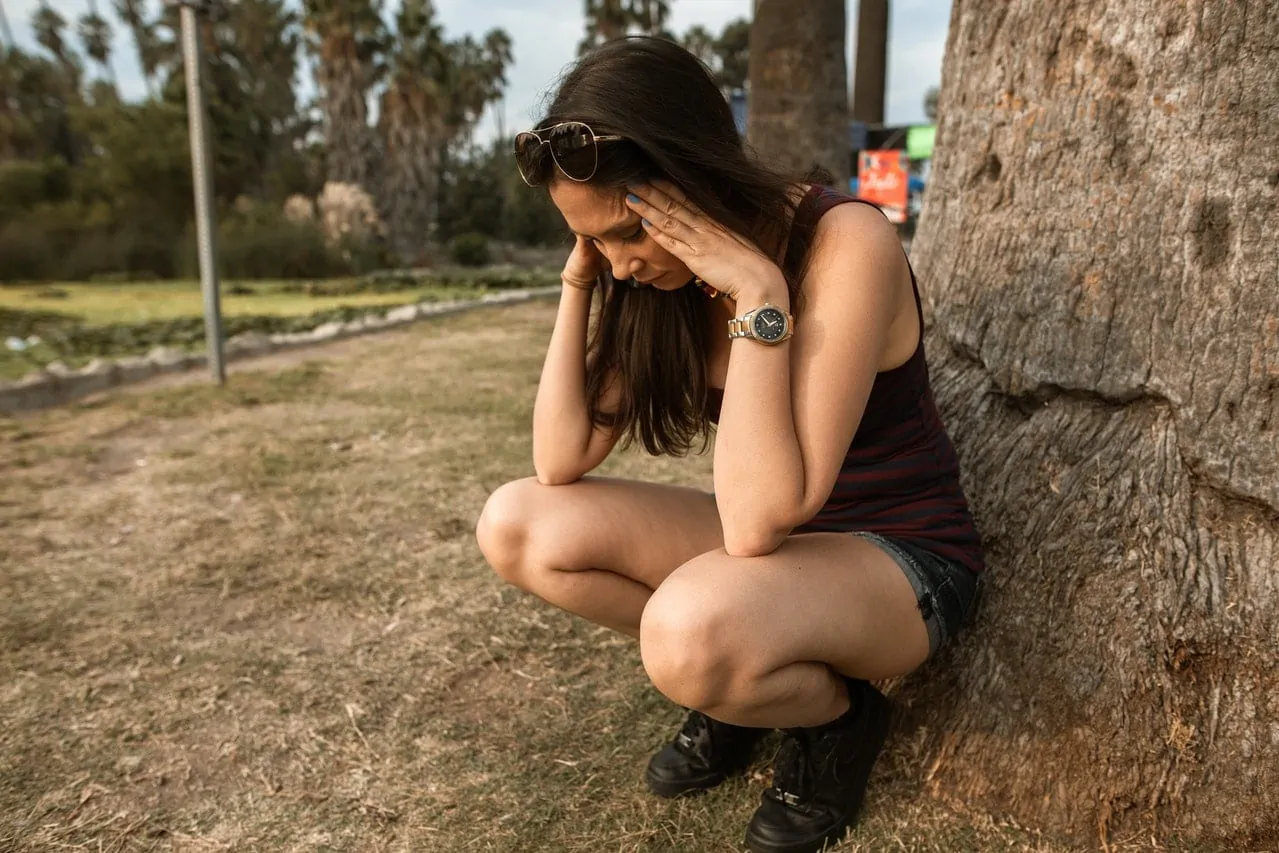
Is Anxiety Medication Addictive?
Doctors prescribe many medications to help with mental health disorders, including anxiety disorders and PTSD. Some anxiety medications, however, are also highly addictive. People who become dependent on drugs like Xanax or Klonopin may develop a tolerance and need more medication to get the same effects. Some people who have taken these drugs long-term may end up abusing them.
Long-term use, and increased dosages, can create a physical dependence on the drug. A person with a substance use disorder may take larger amounts of the medication than prescribed. It's recommended that people with a substance use disorder steer clear of prescription anxiety medications that are also addictive.
Which Types of Prescription Anxiety Medications Are Addictive?
First of all, benzodiazepines, such as Xanax are highly addictive. Other drugs that are not prescribed as often for anxiety, such as sedatives like Valium, also have the potential for abuse or addiction. These classes of drugs, when taken in large amounts and stopped suddenly, can also cause withdrawal effects like fevers, shaking, or even seizures or heart palpitations.
Many people initially take the prescribed amount of a drug to get help with their anxiety. Drugs like benzos or sedatives can create peaceful or even euphoric feelings in the user. It’s not surprising that these effects can cause a person to take more than prescribed.
Anti-anxiety pills can help people cope with anxiety, but sometimes they become the only coping mechanism. They also stop working so well. Addiction to a drug can cause you to experience intense anxiety when you are in withdrawal. This can create a cycle of substance use that it feels hard to escape.
Alternative Methods For Coping With Anxiety
When a person quits using a benzo or sedative to help with their anxiety, there are other methods for treating their anxiety. Prescription drugs like Lexapro are helpful for anxiety and depression and do not cause any euphoric feelings. A psychiatrist is best qualified to help with medication changes. There are also therapy groups and methods such as mindfulness that can help you begin to work through anxiety.
Getting sober and no longer abusing substances will help you live with less anxiety. In treatment or 12-step groups, you’ll learn new coping skills. Therapy can help you learn more about your anxiety, cope with anxiety and begin to practice more healthy coping skills.
Stay Focused On Sober Living
Many people who want to stay sober find refuge in recovery communities like sober homes. In a sober living situation, you’ll be part of a group of peers on the recovery journey. Structure, camaraderie, and therapy can help you stay on course as you learn to live life substance-free.
Learn more about sober living by calling us at 760-216-2077.
Categories
Medication


